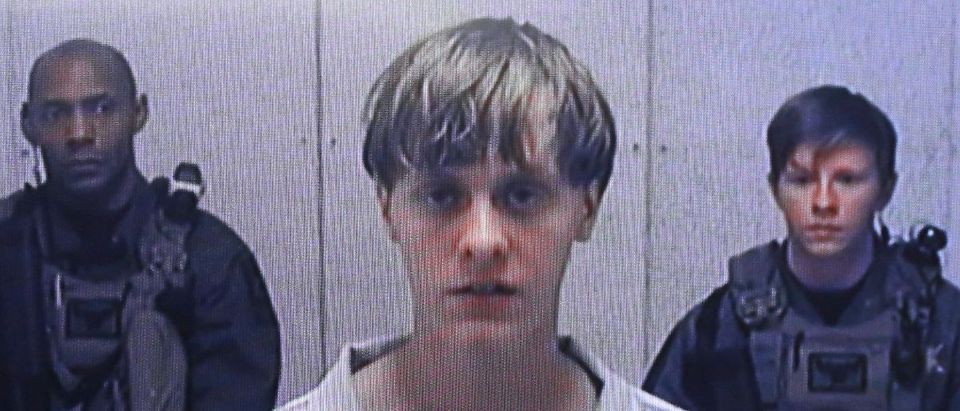After the attack at the Santa Fe High School, Texas Lt. Gov. Dan Patrick denounced a loss of faith and religion in society. While the news media puts the lives of these mass public killers under a microscope, collecting any information that can be gleaned about their childhoods from their family and friends and social media history, researchers have ignored the religious views of these killers.
What is most shocking is how few of these killers appear to be religious, let alone Christian. Just 16 percent have any type of religious affiliation at the time of their attacks, with a slight majority of those being Muslims.
Over just over 20 years from the beginning of January 1998 through today, there have been 69 killers committing 66 mass public shootings in the United States where at least four people have been killed. Of those attacks, just four have been identified as Christians, with just three clearly regular churchgoers. With 70 percent of Americans identifying themselves as Christians and over 33 percent going to church at least once a week, those numbers are a long way away from the 48 or 23 we would respectively expect.
These Christians included:
Mitchell Johnson, who was one of two boys who attacked their middle school in Jonesboro, Arkansas in 1998. Johnson reportedly dreamed as a child of becoming a minister.
Terry Ratzmann, a regular church attendee who shot up his church in Wisconsin in 2005. Ratzmann was a member of a “most extreme of the many offshoots of the Worldwide Church of God,” which is itself well outside of Christian mainstream. Among their beliefs is that “man’s destiny is to become God as God is God.”
Dylann Roof attacked the Emanuel African Methodist Episcopal Church in Charleston, South Carolina in 2015. As a kid, Roof went to his Lutheran church’s camp and had participated in many church activities. But besides acknowledging that Roof was still a member of the church, the minister and Roof’s family members refused to answer questions on how often Roof had attended the church or if had been there recently.
Dimitrios Pagourtzis killed 10 people at the Santa Fe High School in Texas this past Friday. Pagourtzis has been a member of the Greek Orthodox Church.
Five other killers were raised as Christians, but they moved away from the faith as they got older. It gives one an idea of the extreme detail that the media goes into on people’s religious views. For example, Micah Xavier Johnson, who shot the five police officers in Dallas in 2016, according to his parents, lost his faith after serving in Afghanistan. Seung-Hui Cho, the Virginia Tech killer, was raised as a Christian, but he resented his parents “strong Christian faith.” Any religious involvement during their lives has been of interest in all the news stories on these attacks.
Muslims make up a slightly disproportionately large share of these attacks. Even though they make up less than one percent of the US population, they account for 8.7 percent of these killers (six in total) and more than the number of Christians. This rate is a much lower than what we observe in the world as a whole where Muslims have committed 23 of the 25 worst mass public shootings since 1970 and 42 of the 50 worst attacks.
Other killers who are explicitly identified only as “anti-Christian” are about as common as Christians, with three such killers. One of those killers was the 2015 Oregon Community College massacre where the killer shot those who reportedly told him that they were Christian. another killer was identified only as an anti-Semite.
Others include an atheist and a Buddhist. Everyone else was either explicitly identified as no religious affiliation or that family and friends could not identify them as religious.
Possibly, Lt. Gov. Dan Patrick is right that as society drifts away from religion, previously unthinkable acts become thinkable. This data can’t answer that question. What is clear is how very few of these killers have any interest in religion.
John Lott is the president of the Crime Prevention Research Center and the author more recently of “The War on Guns.”
The views and opinions expressed in this commentary are those of the author and do not reflect the official position of The Daily Caller.


